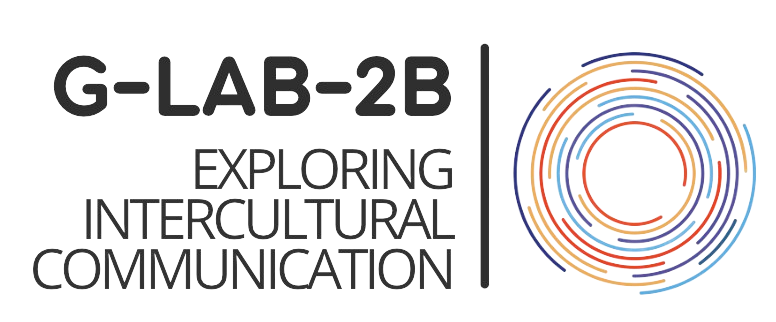The thesis of this article: a “theory of mediation” would be a derivation of “practical mediation”, but with a scientific basis, which explains exactly why mediation can work or has to work in (escalated) conflict. Although Harvard research is often used to scientifically justify mediation, it does not fulfill all the necessary requirements and perspectives, because it does not define the different systems of linked scientific theorems, which we will see in this article.
Table of Contents
The key to mediation is its functionality
Before going into more depth it should be noted that mediation is already legally defined in most countries but the idea of what mediation is is still diffuse, even among experts. The reason is not so much the quality of training, but the fact that mediation education is not yet sufficiently developed. The central and still unresolved question centers on its functionality. If mediation is referred to as the study of mediating communication, it should be able to summarize and utilize different systems of interconnected scientific concepts.
Requirements for a theory of mediation
A scientific derivation concerning mediation processes must be able to deal not only with communication, but also with the mental work to be done in mediation. Therefore, a theory of mediation must address the question of what, why and how it is possible for the parties to find a positive solution, even in a very aggravated conflict. From this point of view, mediation theory forms a framework around other theories dealing with communication, conflict, escalation, among many others presented here:
Scientific concepts interconnected with mediation
The Harvard concept
The Harvard concept is always mentioned first when talking about mediation theories. It mainly describes a negotiation model and derives the requirements for constructive negotiation. Mediation has fully implemented the negotiation principles developed in the Harvard concept. Negotiation theory is a scientific approach to explain negotiation strategies. It explains the difference between distributive and integrative negotiation.
Container theory
Container theory facilitates the application and methodology of mediation. Containers can be filled and combined. The container metaphor makes it clear that and how mediation as a method can also be carried out in a different framework.
Cognitive theory
Cognitive theory is an overarching theoretical framework that deals with the mental processes and capacities associated with the acquisition, organization, understanding, use and processing of information.
Communication theory
Communication theory helps to better understand the channel (and message) of communication in a sender-receiver model. There are several theories that are used to scientifically explain the description of communication. In mediation they contribute to a better understanding of the communicative process (and information exchange) between the parties. Accordingly, information theory explains what information is and how to deal with information boundaries (from a mathematical perspective).
Escalation theory of conflict
The escalation theory developed by Glasl describes the stages of conflict escalation and how to deal with them. In contrast, Schwarz has extracted various forms of conflict behavior and contextualized them as attempts at conflict resolution. The theory explains the evolution of conflict resolution attempts in terms of conflict strategy.
Game theory
Game theory is a mathematically oriented theory for simulating a particular conflict and deals with strategic decisions. It is important for the selection and organization of mediation, because mediation depends on cooperation, which is not always obvious from a strategic point of view.
Systems theory
Systems theory attempts to understand sociological structures in all their complexity. It can also be applied to mediation and has a bearing on information processing, complexity management and the role of the mediator and the parties.
Integral theory of mediation
The only theory so far, which complies with a holistic approach is the integral cognitive mediation. The cognitive theory of mediation describes mediation from a cognitive science approach in its interdisciplinary and interprofessional application. It is based on the assumption that mediation is a cognition-based process and describes the related cognitive requirements. It demonstrates the functional interaction of the elements that enable the cognitive process of the parties. This theoretical derivation is able to explain and derive every decision, every step and every measure of the mediation procedure. Therefore, it can be understood as a comprehensive theory of mediation in which all manifestations of mediation can be mapped.
A scientifically substantiated description of mediation is thus an essential step for the development and strengthening of mediation.
For this reason also this think tank, G-Lab-2B, has been created: to re-think and coordinate initiatives and measures to evolve towards a comprehensive, scientifically based mediation.


